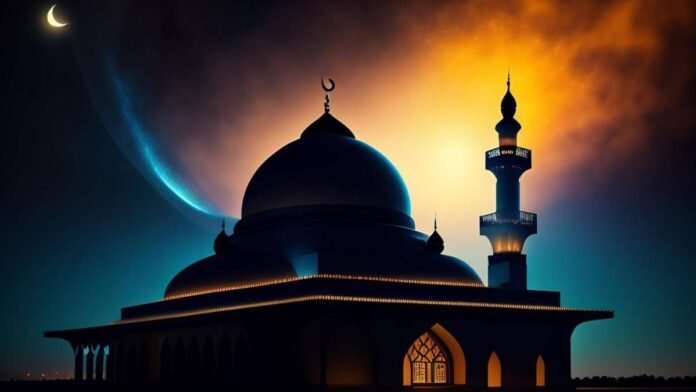Eid ul Adha, a Muslim holiday marking the end of Hajj pilgrimage, falls on the 10th of Dhu al-Hijjah (Islamic calendar). The date varies by country due to lunar sightings.
When is Eid ul Adha 2024?
Eid ul Adha, also known as Bakrid, is a major Islamic holiday. It celebrates the end of Hajj, the pilgrimage to Mecca. The exact date changes every year because it follows the Islamic lunar calendar. This year (2024), Eid ul Adha will likely fall on June 16th or 17th in countries like Saudi Arabia, depending on when the crescent moon is sighted. In India and other parts of South Asia, celebrations will most likely be on June 17th or 18th.
What is Eid ul Adha about?
Eid ul Adha honors Prophet Abraham (or Prophet Ibrahim)’s willingness to sacrifice his son as an act of obedience to the One Almighty God, who has created us all. In the end, God sent Archangel Jibreel (Gabriel) with a ram, which was slaughtered instead of Prophet Abraham’s Ismael. This story reminds Muslims of the importance of faith in the One Almighty God along with sacrifice and obedience towards Him to obtain His love and mercy .
How is Eid ul Adha celebrated?
One of Eid ul Adha’s main traditions is sacrificing an animal, typically a cow, sheep, or goat. The meat is shared with family, friends, and those in need. Muslims also attend special prayers and sermons on Eid morning. It’s a time for families and friends to gather, exchange gifts, enjoy delicious meals, and celebrate their faith.
Eid ul Adha in India:
India’s large Muslim population enthusiastically celebrates Eid ul Adha. Streets are decorated, markets bustle with shoppers, and families prepare special meals.
Eid ul Adha in Saudi Arabia:
As the birthplace of Islam, Saudi Arabia celebrates Eid ul Adha in grand style. Millions of Hajj pilgrims from around the world add to the vibrant atmosphere, making the Holy land of Mecca a sight to behold.
Eid ul Adha for Everyone:
As Prophet Ibrahim is respected by not just Islam but many other religions like Judaism and Christianity, Eid ul Adha is an opportunity for people of all faiths to come together on a single platform for the sake of the Almighty. In India, for example, it’s common to see non-Muslims participating in the festivities, reflecting the country’s rich cultural diversity.



